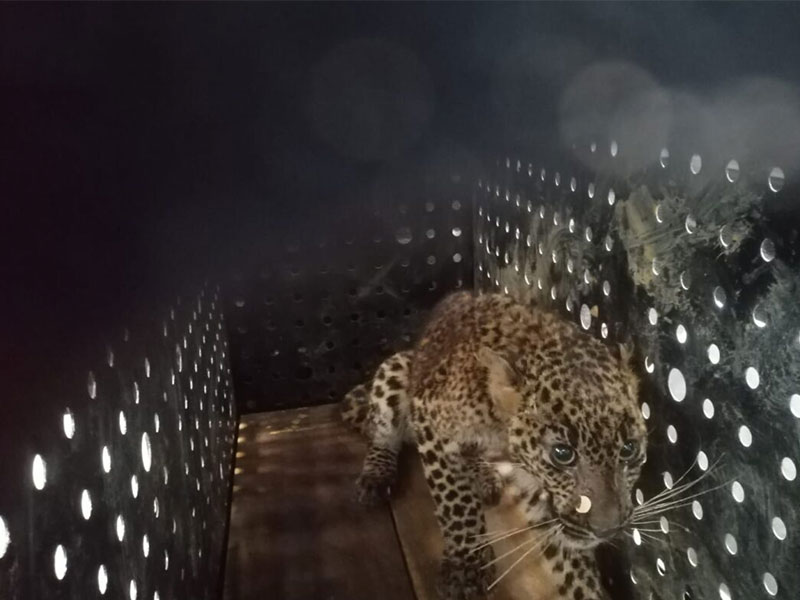Leopards are an important part of the Sri Lankan ecosystem, but they are also often in conflict with humans. One of the main reasons for this conflict is that people sometimes mistakenly pick up leopard cubs, believing that they are abandoned or lost.
Leopard mothers often hide their cubs when they are going out hunting or in the process of relocation. This is a natural behavior that helps to protect the cubs from predators.
However, when people find these hidden cubs, they often assume that they have been abandoned and need to be rescued.
There are a few reasons why people might make this mistake. First, leopard cubs are very small and vulnerable-looking. They may also be crying or calling out, which can make people think that they are in distress.
Second, people may not be aware of the natural behavior of leopard mothers. They may not know that it is normal for leopard cubs to be left alone for long periods of time.
When people pick up leopard cubs, they are actually doing more harm than good.
The cubs are often stressed and traumatized by the experience, and they may even lose their mother’s scent. This can make it difficult for the mother to find her cubs and reunite with them.
In addition, picking up leopard cubs can also lead to conflict between humans and leopards. When people gather around a cub that has been picked up, it can make the mother leopard feel threatened.
This can lead her to attack people, which can further escalate the conflict.
If you find a leopard cub, it is important to leave it alone. If you are concerned about the cub’s welfare, you can contact the nearest wildlife authority. They will be able to assess the situation and take appropriate action.
It is also important to educate people about the natural behavior of leopard mothers and cubs. This can help to prevent people from mistakenly picking up leopard cubs in the future.
Sri Lankan conservationist Anjali Watson says that as forests, where leopards live, are cleared to plant crops and build homes, the big cats are being squeezed into pockets of wilderness that don’t connect with each other.
“We’ve lost a lot of leopards,” says Watson. Nobody knows how many prowled the land before the war, but about 70% of the animals’ habitat has been destroyed, and only 750 to 1,000 adult leopards remain, she told the CNN







